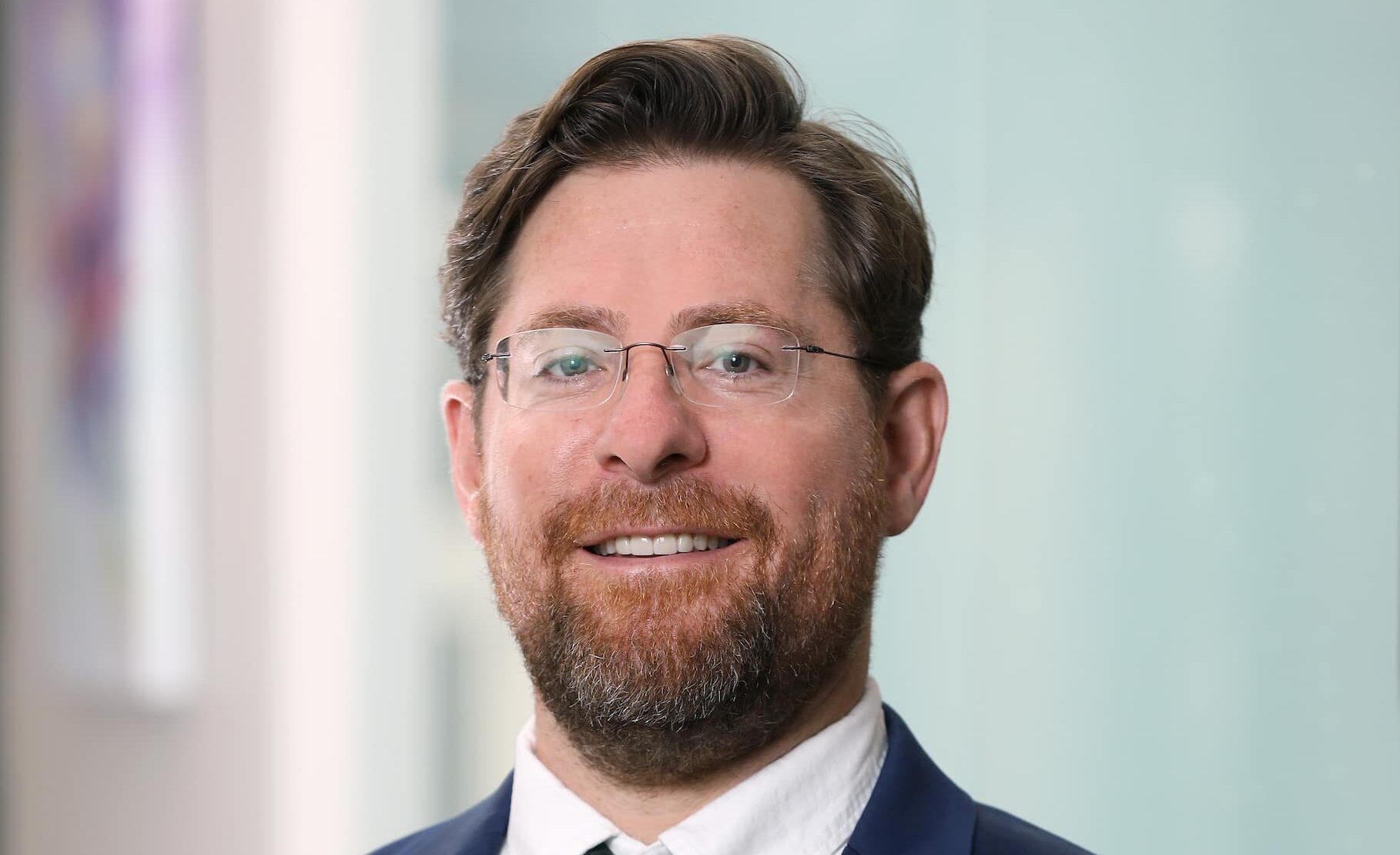
In his training and career as a clinical psychologist, Joel Greenberg, Psy.D., has worked with people ranging from adults striving to recover from addiction and families in crisis to adolescents experiencing a wide range of other mental health problems. He has provided psychological evaluations and individual and group psychotherapy in community-based settings and in the juvenile justice system.
He’s also managed a child psychiatry department within a major health care organization, supervising and mentoring staff, coordinating care across teams and addressing a wide range of administrative, personnel and logistical issues.
This summer Dr. Greenberg brought his considerable expertise and diverse experiences to DMU’s Behavioral Health Clinic, where he joins colleagues in treating conditions including depression, anxiety and panic attacks, attention deficit hyperactivity disorder and post-traumatic stress disorder. His path to this and other roles he’s had was sparked when, as an undergraduate psychology major, he undertook a required internship while completing a course about community mental health.
“At the time, I enjoyed learning about psychology but didn’t know what I’d do with my degree. At this internship, for the very first time, I had a chance to be present with people with lots of different and very serious problems and just connect as humans. I immediately became aware of just how powerful and moving it can be to listen and allow others the space to be seen and heard,” he says. “Once I started graduate school, I found my passion working with young people.”
In addition to psychotherapy, Dr. Greenberg is working to build the Behavioral Health Clinic’s psychological testing services.
“Psychological testing can be very helpful for people with complex issues, and it’s a valuable tool for understanding how the brain works and potential treatment options,” he says. “It can reveal important aspects of a person’s personality and cognitive strengths and weaknesses.”
After earning his B.A. in psychology at the University of Maryland, Dr. Greenberg worked as a residential counselor in a group home for severely mentally ill adults and then as a social worker serving single adults living in Section 8 subsidized housing in San Francisco’s Tenderloin District. That work entailed individual counseling, crisis intervention, organization of an emergency food pantry and coordination of the medical, mental health, legal, immigration and other social services the residents needed.
“We worked to find resources for supportive services and emphasized harm reduction with the goal of helping residents pay their rent, avoid homeless and become more independent,” he says.
He went on to become a practicum trainee and intern at a Salvation Army adult rehabilitation center, elementary and middle schools, juvenile hall, and community mental health and child and family development center while earning his doctor of psychology (Psy.D.) degree at the Wright Institute in Berkeley, CA. He then worked as a staff psychologist and manager of the child psychiatry departments at Kaiser Permanente in San Rafael and Petaluma, CA.
“In this role, I was managing a team of clinicians and staff and the day-to-day function of the department, while also doing clinical work,” he says. “We referred to it as ‘drinking from the firehose’ because of the thrill in the volume and intensity of it all. It was really interesting and hard work.”
Dr. Greenberg came to DMU after working in a small group practice in Des Moines, conducting psychological assessments and individual therapy for patients ages 7 through adulthood. While he spent the bulk of his career thus far working with patients in major metro areas of California, he says the patients he sees in Iowa – or anywhere – share many of the same mental health issues and challenges.
“Pain is pain; people experience trauma and all sorts of issues that are difficult to talk about. Many carry burdens that can lead to depression, loneliness, substance abuse and other problems,” he says. “There is a profound need for behavioral health and psychological services everywhere.”

